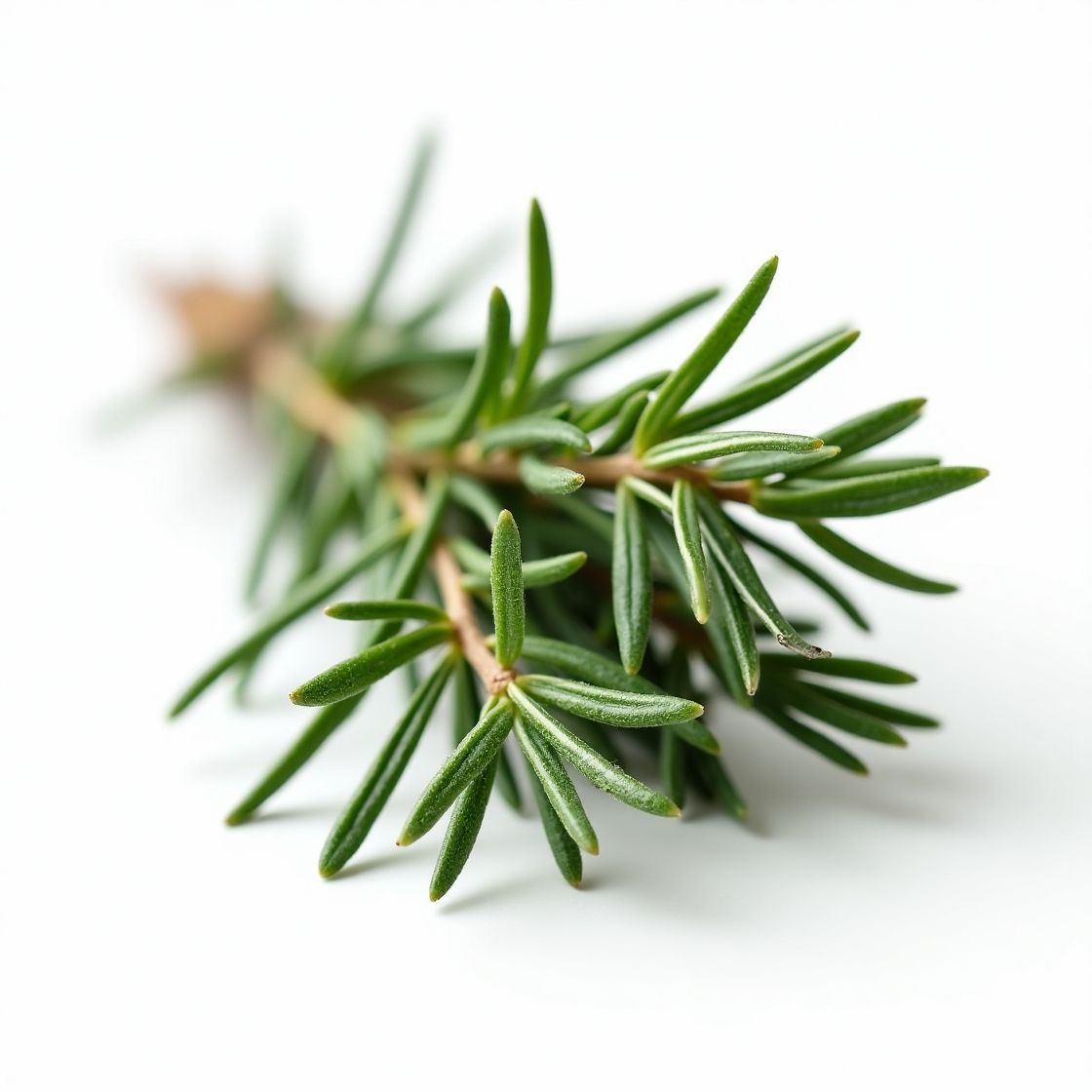Title: Rosemary’s Renaissance: A Common Herb’s Breakthrough in Alzheimer’s Treatment
A Common Herb’s Breakthrough in Alzheimer’s Treatment

In the realm of herbal medicine, a remarkable discovery has emerged from an unexpected source: rosemary. Long celebrated for its culinary and aromatic qualities, this humble herb is now at the forefront of groundbreaking research in the fight against Alzheimer's disease.
The Herbal Hero: Rosemary's Cognitive Revival
Recent studies have unveiled that carnosic acid, a compound found in rosemary and sage, exhibits significant neuroprotective properties. Researchers at the Scripps Research Institute administered a stabilized form of carnosic acid to mice exhibiting Alzheimer's-like symptoms. The results were astounding: the mice not only showed improved memory but also a reduction in brain inflammation and harmful protein build-ups associated with the disease. New York Post+1euronews+1euronews+1New York Post+1
Dr. Stuart Lipton, the lead author of the study, remarked, "We did multiple different tests of memory, and they were all improved with the drug. It didn't just slow down the decline; it improved virtually back to normal."New York Post
The Science Behind the Discovery
Carnosic acid is known for its antioxidant and anti-inflammatory properties. In the context of Alzheimer's, these properties are crucial as oxidative stress and inflammation are key contributors to neuronal damage. By mitigating these factors, carnosic acid helps protect hippocampal neurons, which are vital for memory and learning.euronewsNew York Post
Moreover, the compound's ability to cross the blood-brain barrier enhances its potential as a therapeutic agent. Given that carnosic acid is already considered "generally safe" by the FDA, the pathway to human clinical trials may be expedited.New York Post
Implications for Future Treatments
The implications of this discovery are profound. If similar results are observed in human trials, carnosic acid could become a cornerstone in Alzheimer's treatment, offering a natural and accessible option for patients. Furthermore, its potential applications may extend beyond Alzheimer's, possibly benefiting other inflammatory and neurodegenerative conditions.
Integrating Rosemary into Daily Life
While awaiting further research, incorporating rosemary into one's diet can be a proactive step. Here are some suggestions:
- Culinary Use: Add fresh rosemary to roasted vegetables, meats, or bread for flavor and potential health benefits.
- Herbal Tea: Steep rosemary leaves in hot water to make a soothing tea.
- Aromatherapy: Use rosemary essential oil in diffusers to promote mental clarity and focus.
Key Takeaways
- Breakthrough Discovery: Carnosic acid in rosemary shows promise in reversing Alzheimer's symptoms in mice.CAS+2New York Post+2euronews+2
- Scientific Validation: The compound's neuroprotective effects are backed by rigorous research.New York Post+1The Business Research Company+1
- Potential for Human Treatment: Given its safety profile, carnosic acid may soon enter clinical trials for Alzheimer's.New York Post
- Everyday Integration: Incorporating rosemary into daily routines could offer cognitive benefits.
Final Reflection:
This discovery underscores the immense potential of natural compounds in addressing complex health challenges. As we continue to explore the synergy between traditional herbal wisdom and modern science, we may find that solutions to some of our most pressing medical issues have been growing in our gardens all along.
Consult with your personal physician prior to considering anything regarding a medical condition as this is not personal medical advice; this is research.
References:
Sources





